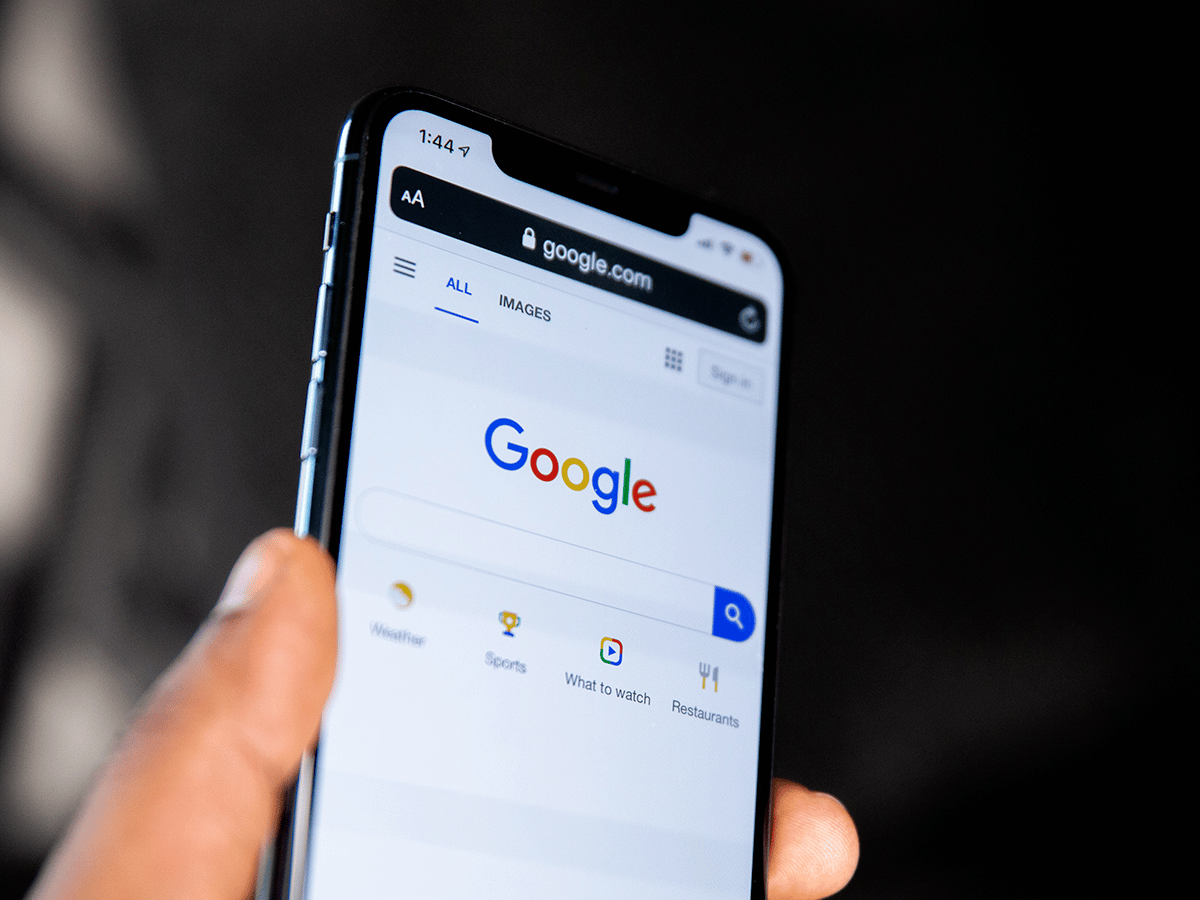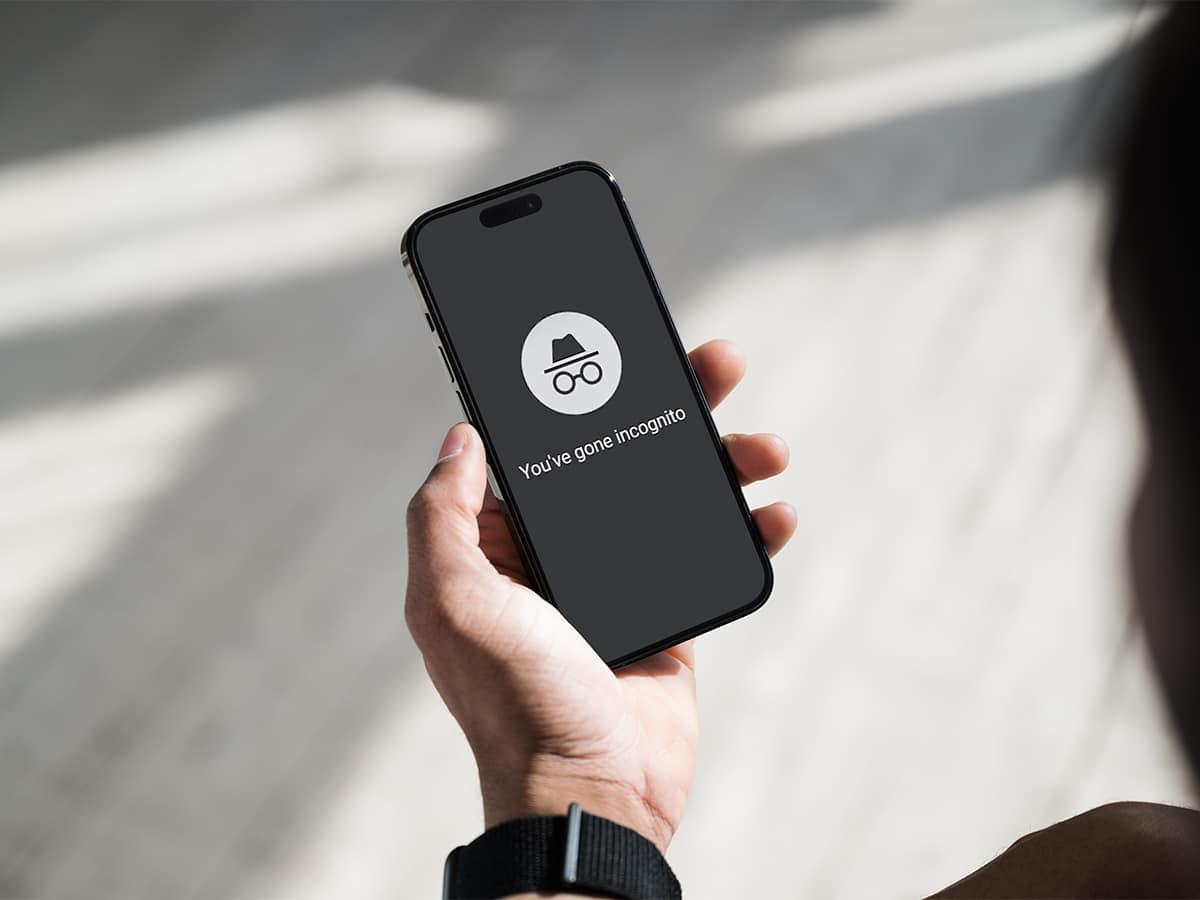
Published:
Readtime: 4 min
Every product is carefully selected by our editors and experts. If you buy from a link, we may earn a commission. Learn more. For more information on how we test products, click here.
In a major update to user data control, Google has agreed to delete billions of data records collected during users’ Incognito browsing sessions. The announcement comes after the Alphabet-owned company settled a class-action lawsuit regarding its user data collection practices via the private browsing “Incognito mode”.
The proposed settlement, Brown v. Google, would require the company to be more transparent and open regarding its data collection practices in Incognito mode whilst also imposing limits on future data collection. The four-year lawsuit highlights ongoing efforts to define clear boundaries for user data collection in the Internet age.
RELATED: US Justice Department Sues Apple Over Smartphone Dominance

A proposed USD$5 billion settlement with Google could be approved by a California judge, potentially impacting 136 million users. This settlement arises from concerns about Google’s data collection practices in private browsing mode, with users accusing the tech giant of using its analytics, cookies, and apps to improperly track people even in “incognito” mode on Chrome and “private” mode on other browsers.
This practice, they claimed, transformed Google into an “unaccountable trove of information,” allowing them to glean (and store) details about users’ friends, food preferences, hobbies, shopping habits, and even their “most intimate and potentially embarrassing” online searches.
If approved, the agreement would require Google to delete user data collected in December 2023 or earlier during private browsing sessions. Additionally, the settlement would impose restrictions on Google’s future data collection practices and mandate the anonymisation of any user data they retain. In a proposed settlement filing, the plaintiffs hailed the agreement as a step toward online privacy, ensuring “real accountability and transparency” from Google.
“This Settlement ensures real accountability and transparency from the world’s largest data collector and marks an important step toward improving and upholding our right to privacy on the Internet,” the plaintiffs wrote.
Google, however, maintained its innocence through spokesperson José Castañeda, stating they were “pleased to settle this lawsuit, which we always believed was meritless.” While the plaintiffs valued the settlement at USD $5 billion, matching their initial damage claim, Castañeda clarified that they are “receiving zero.” The settlement does not award damages to the class, though individual claims remain an option.
“We never associate data with users when they use Incognito mode,” Castañeda said. “We are happy to delete old technical data that was never associated with an individual and was never used for any form of personalization.” The settlement terms, filed Monday in the Oakland, California federal court, are currently awaiting approval by U.S. District Judge Yvonne Gonzalez Rogers.

What Does Google Deleting Incognito Records Mean for You?
It’s no secret that Google collects a lot of data and its browser, Chrome, has been criticized for its data-collection practices on several occasions. However, with the company now agreeing to delete certain data associated with incognito browsing sessions, it could mean that information like your browsing history and site data will be cleared once you close the incognito window, potentially offering a greater degree of privacy. This change, however, comes with a caveat according to Google’s documentation. As per the company’s documentation, your Google data might simply be anonymized instead of deleted completely, which means you could be re-identified in the future.
So while this is a step in the right direction, it’s important to remember that Chrome’s incognito mode isn’t a foolproof shield. Furthermore, your ISP (internet service provider) and employer can still track your online activity, and even websites you visit might collect data. Therefore, here are some additional tips for enhanced online privacy:
- Use Multiple Browsers: Consider using separate browsers for different purposes. You can use privacy-focused browsers like Firefox or DuckDuckGo for sensitive browsing alongside incognito mode in Chrome for everyday tasks.
- VPN for Enhanced Privacy: Consider using a Virtual Private Network (VPN) to encrypt your internet traffic and mask your IP address when surfing the web. This can be particularly useful when using public Wi-Fi or accessing geo-restricted content.
- Have Multiple Alias: Create separate email aliases for online shopping, non-essential websites, and services that might be data-hungry. This helps compartmentalize your online identity.
- Device and Account Segregation: Maintain separate devices or accounts for work and personal use. This prevents data crossover and keeps your professional and private lives distinct.
- Review Privacy Settings: Take the time to meticulously review and tighten privacy settings across apps, browsers, and social media platforms.
- Cookie Control: Develop the habit of rejecting cookies on websites, especially those from third-party trackers.
- Consider Unsubscribing: Unsubscribe from unwanted newsletters and marketing emails to minimize the data trails you leave behind.





























Comments
We love hearing from you. or to leave a comment.